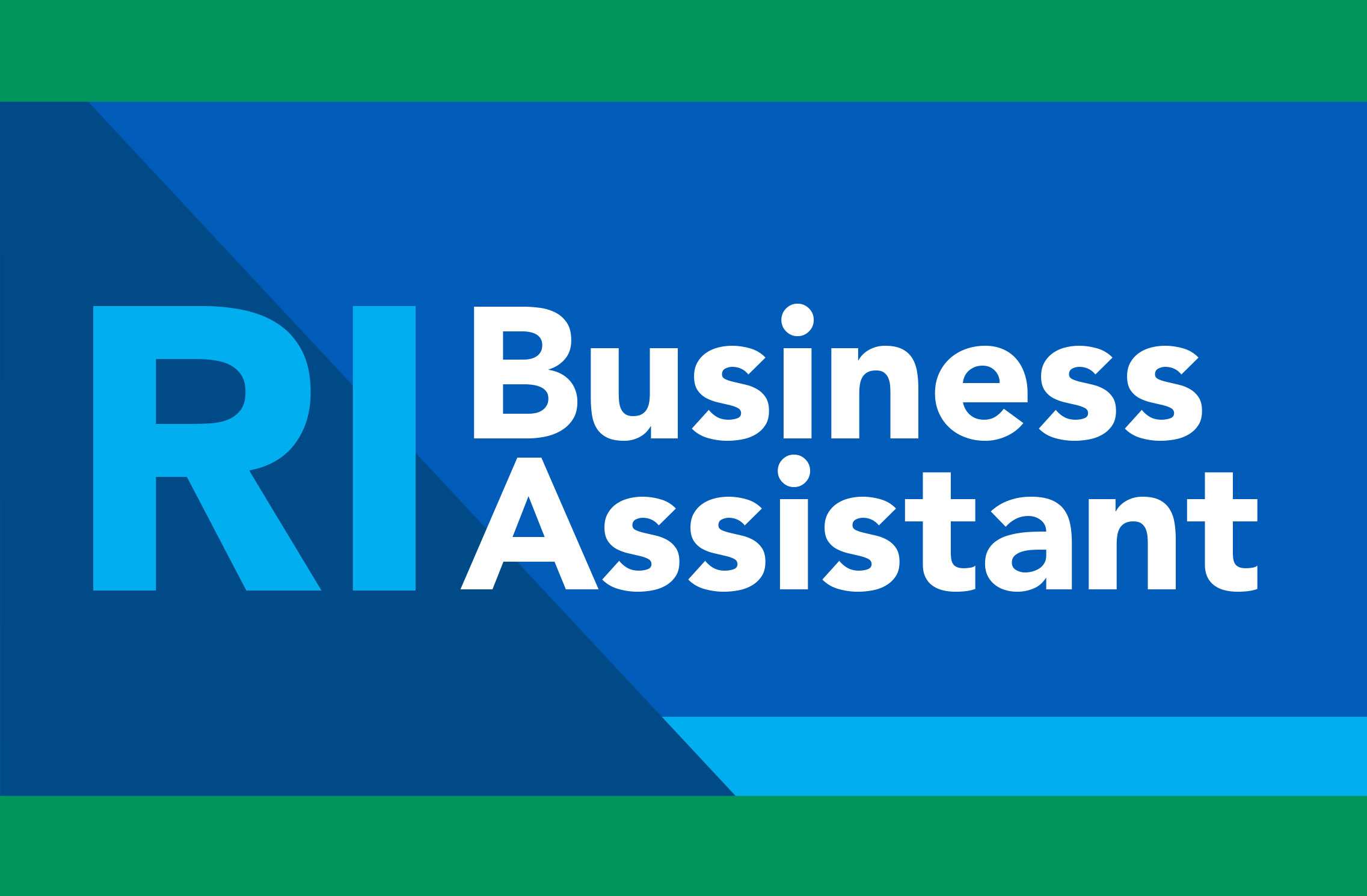Tax Exempt Status
Forming a non-profit corporation does not automatically exempt it from federal or state taxes. The corporation must apply for exemption with the IRS and/or the RI Division of Taxation.
What does tax exempt mean?
Tax exempt means an entity is exempt or excused from paying taxes on income generated while conducting their approved business. Depending on the corporation’s purpose, a non-profit may or may not be tax exempt by the Internal Revenue Service (IRS) and/or the state. All non-profit corporations pay employee taxes.
What is the difference between a state tax exemption and federal tax exemption?
Most people are familiar with the term “tax exempt” as it refers to the federal status granted by the Internal Revenue Service (IRS) to qualifying corporations. The 501(c)(3) tax exemption applies to federal income tax and federal unemployment tax. In order to apply for tax exemption as a 501(c)(3), the non-profit corporation must be organized and operated exclusively for religious, charitable, educational or other defined purposes.
An entity that has received 501(c)(3) exemption from the IRS can apply for exemption from RI sales and use tax as well. This exemption may also be valid in other states. The RI Division of Taxation may exempt your entity from paying sales tax on purchases if your entity is one of the following types of organizations:
- Non-profit hospitals
- Accredited educational institutions
- Orphanages
- Non-profit interest-free loan associations
- Non-profit organized sporting leagues
- Parent Teacher Associations
- Non-profit senior citizen clubs
- Other organizations with a federal 501(c)(3) status
To apply for exemption from RI sales and use tax, you will need to file the EXO-SUE form with the RI Division of Taxation.

